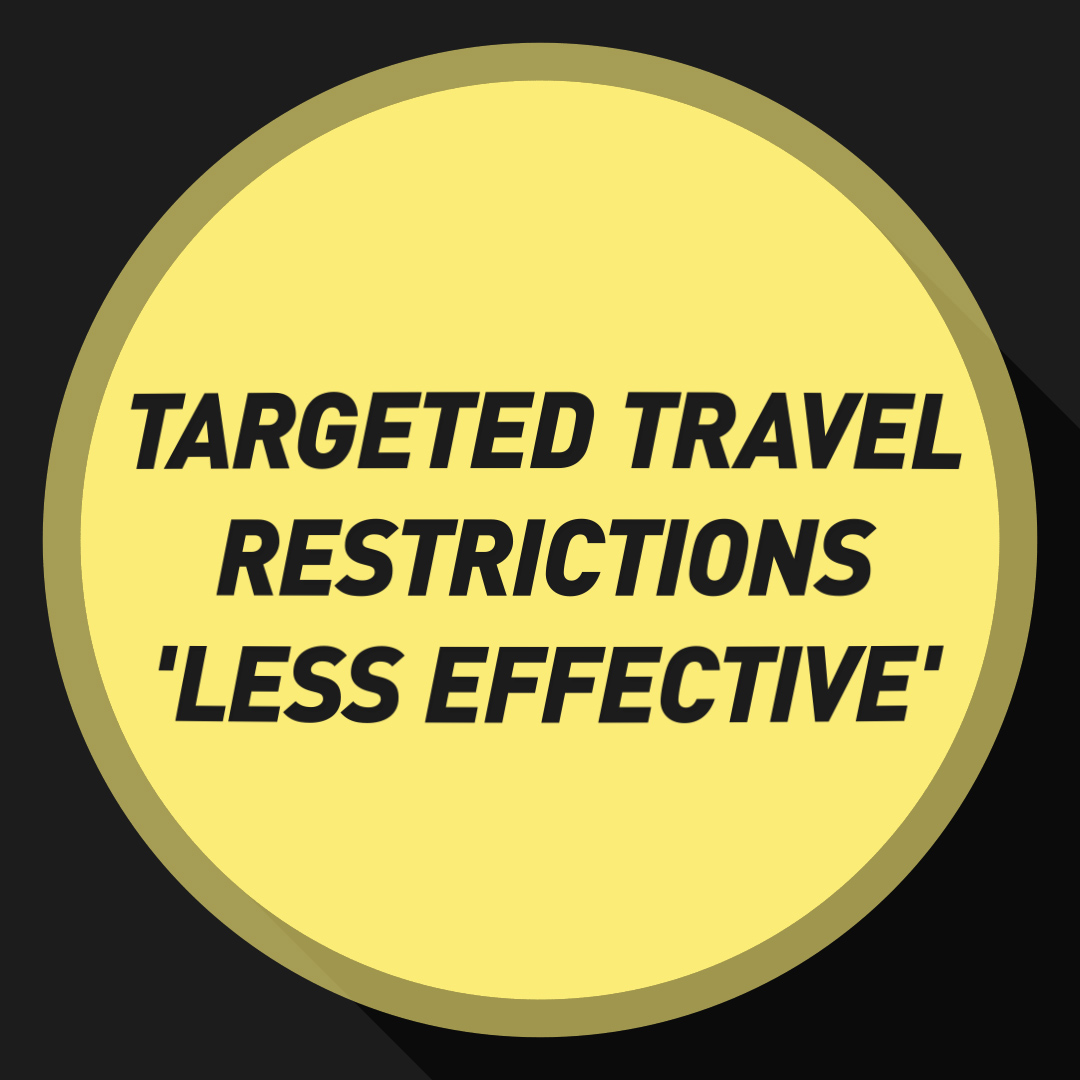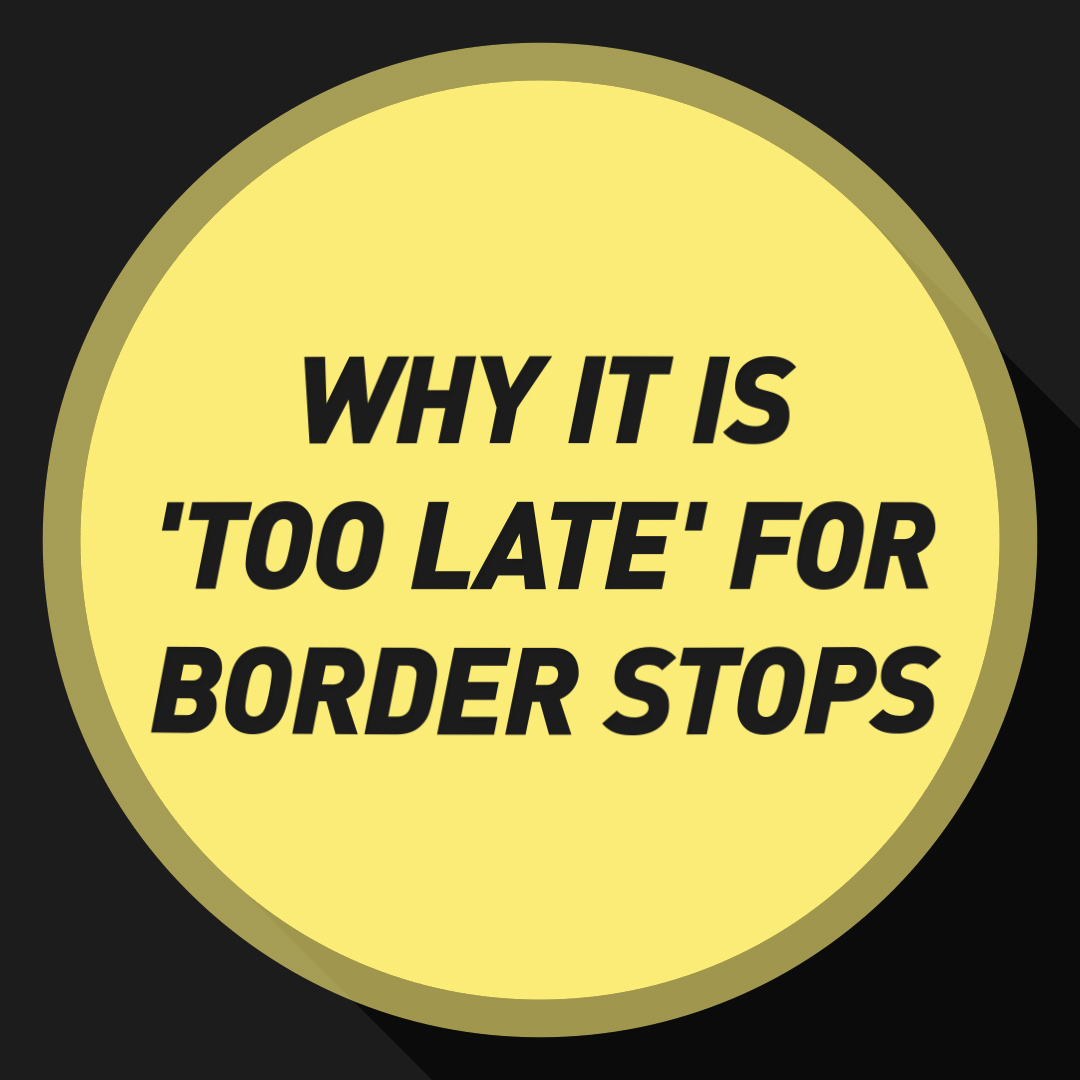00:59

Nations that have implemented border restrictions on southern African nations following the outbreak of a new variant of COVID-19 have been warned it is too little too late, by a leading expert.
Karen Grepin from the School of Public Health at the University of Hong Kong, has conducted research with fellow scientists engaged in the Pandemic and Borders project and concludes that enforcing a "no fly" policy on countries such as South Africa is not worth doing at this stage.
"I think if countries are trying to prevent it [the Omicron variant] from ever entering and taking root, I think it may be too late," Grepin told CGTN. "Those types of measures that are specifically targeting southern Africa, I don't think they're worth doing at all."
Dutch health authorities have confirmed two patients with the Omicron variant tested positive before the cases in South Africa were reported to the World Health Organization and that one of those patients had no recent travel history.
South Africa's President Cyril Ramaphosa has condemned travel bans introduced against his country and its neighbors and Grepin believes more needs to be done to control the spread of COVID-19.
"Border measures alone won't control a localized outbreak. They reinforce what you do domestically and it can help you get those cases down and keep them down. But it alone isn't sufficient," Grepin explained.
Since early 2020, governments around the world have enforced a wide range of public health and social measures in an effort to control the spread of the coronavirus. Border controls have been one of the most drastic policies, bringing international travel to a near halt in 2020.
00:58

In recent months, many countries have started to reopen borders, particularly to those who are vaccinated. Research has discovered that targeted travel restrictions are only temporarily effective and that only universal quarantine rules for all arrivals will have a significant impact on infection rates.
"The most important part is the 10 to 14-day quarantine measures," Grepin continued. "It's not for people coming just from one country or another. It's usually all people, including a country's own citizens."
Even countries with good records at containing the virus such as Australia, China and Singapore have had breakthrough cases at their borders, according to the data, and the researchers at the Pandemic and Borders project are advising European governments to toughen domestic social-distancing measures.
"It's only because some places also have very strong domestic measures, contact tracing and mass testing, that they're able to then get those localized outbreaks back under control. It can't be just border controls, it's border controls plus strong domestic control measures."
Grepin adds: "If a country is really interested in trying to protect its citizens and keeping the numbers down, it could consider adopting more comprehensive and universal measures ... I would only recommend that if you're also going to then scale up domestic measures again."

People stand in front of an arrivals board at Tokyo's Haneda international airport as Japan suspended all new flight bookings into the country in response to the Omicron COVID-19 variant. /Kazuhiro Nogi/AFP
People stand in front of an arrivals board at Tokyo's Haneda international airport as Japan suspended all new flight bookings into the country in response to the Omicron COVID-19 variant. /Kazuhiro Nogi/AFP
So what about countries that already have strong border controls in place? Grepin says, if that is the case, it is worth keeping the travel restrictions.
"In those cases, I think some places would probably want to keep them. Places that never did these kinds of measures effectively over the last two years, I just don't see them suddenly starting to do it in such a way that it will make much of a difference."
In short, Grepin says that as successful as some travel restriction have been, implementing them now will do little to prevent the spread of the Omicron variant.
Grepin and her research team advise focusing on higher vaccination rates – particularly in low-income countries where vaccines are in short supply – and maintaining domestic public health measures to control community transmission. She says it is not until these are successfully in place that the end of the pandemic is in sight.

